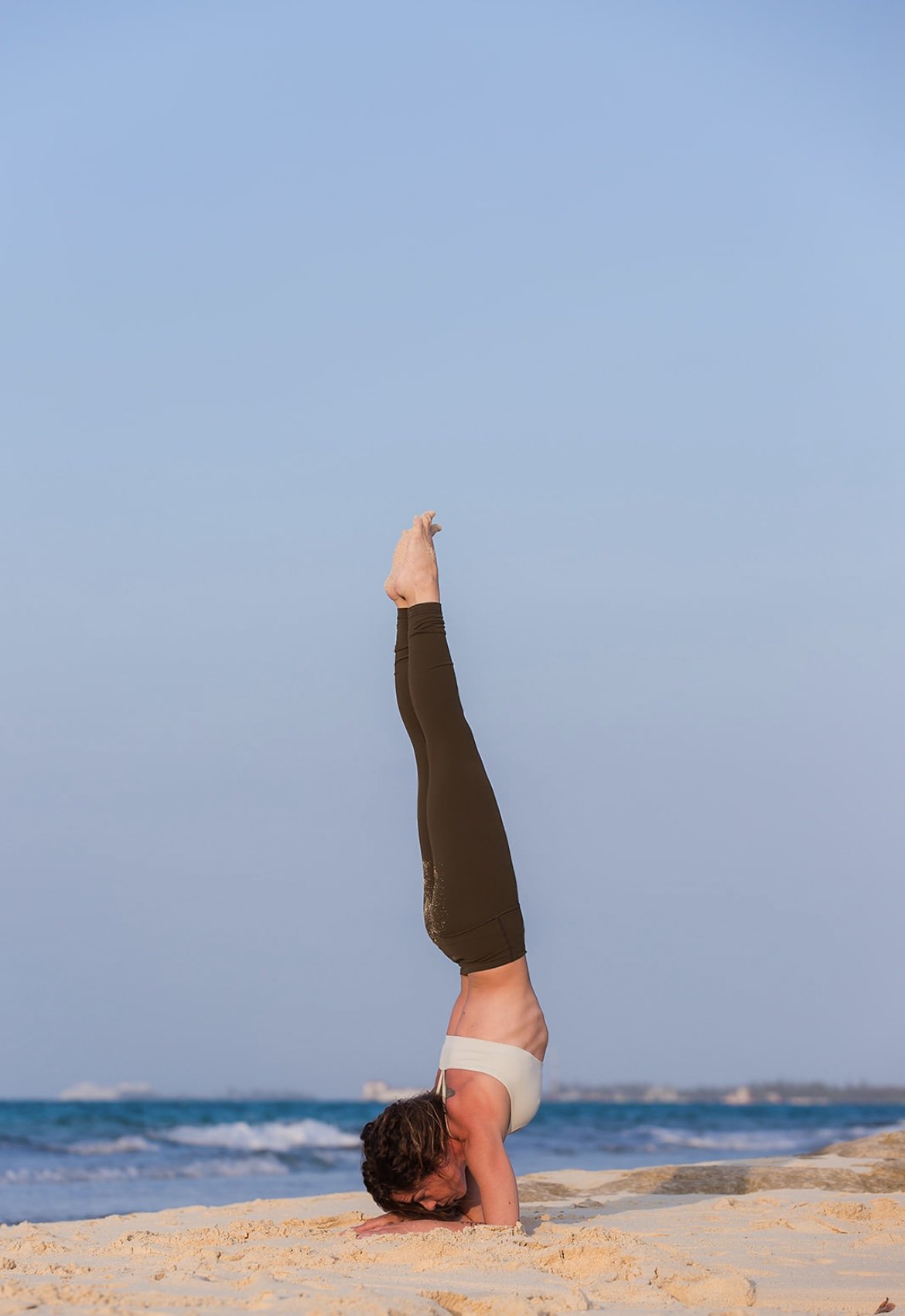Life + Breath
We have an inhale when we are born. We have an exhale when we pass. We have no control over this inevitability of life. Free of fear, you will see nothing but beauty and love.
So why aren’t more of us walking around floating on air? Fear is a pervasive, relatively constant component to life, and most of us don’t love embracing our fears - let alone do many of us embody the capacity to understand how to do so gracefully.
How you breathe, determines how you see the world. Your breath defines you. However, breathing can seem impartial - I mean, its something we do without even thinking about it, so how can it define us?
Think of when you’re crying and how your breath catches in your throat. Or when you’re focused intensely and you hold your breath in. Or when you’re laughing so hard you have to gulp the air in to your lungs. There is no doubt that our breath regulates our nervous system, thus it gives us a chance to regulate our emotions and responses to experiences.
Let’s take that into a practical application. Have you ever felt miserable and/or confounded in suffering? Most of us have and it passes eventually right? You find ways to deal with it, maybe you have a therapist, maybe you take a medication, maybe you even go on a regular mental health walk. While all of those things are beautiful (and sometimes very necessary components to health and wellness ), they are more or less support systems for when the modem crashes. If you truly want to vanquish suffering, you must learn to point the mind. But how?
Well: Somewhere along the line, someone also probably told you that you should try meditation. There’s tons of scientific evidence to prove that meditation can be extremely supportive and influential of your mental health. However simply sitting down to meditate with no knowledge of the breath or breathing practices can often trigger more anxiety and stress! It’s an oppositional experience. By the time you get up, you’re more anxious than before! Trying to force the mind to still without tethering it to the breath will only create further fluctuation. If you aspire to learn how to point the mind, you must (first) understand how to control the breath.
“Mastery of the breath, is mastery of the mind” - this is what my *teacher relates to me time and time again, and what I relate to my students.
Our breath is our life, and the more time we spend learning about our respiration and various techniques of respiration the greater our understanding of life itself. Yoga will first and foremost teach you how to understand your breath, then step by step guide you to learn how you can master it. It is not a process that happens overnight, but rather slowly and steadily with continued practice.
The Buddha himself said that life is suffering, so in that sense maybe we never fully can hold a position of enlightenment. That doesn’t mean that we can’t further refine our technique and ability to manage our minds and emotions effectively through sustained effort. Depth, duration, and consistency are everything when it comes to pranayama (breath-work) practices.
Breath awareness is the most powerful tool a teacher can give to you as a student.
Breath is life.
How have you been breathing lately?
*Master Teacher: Everett Newell of Zuna Yoga
